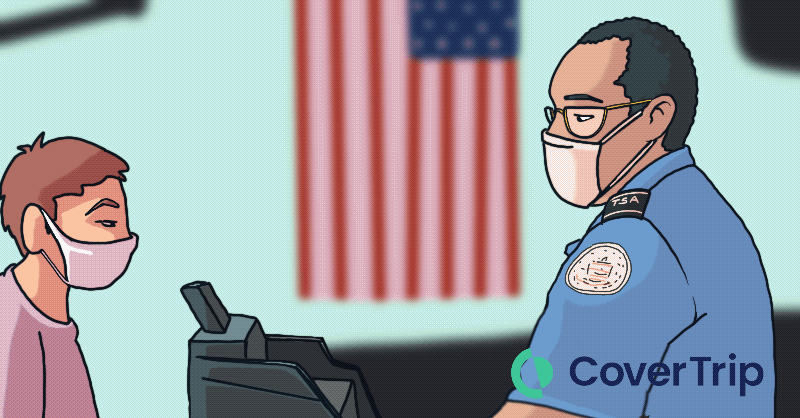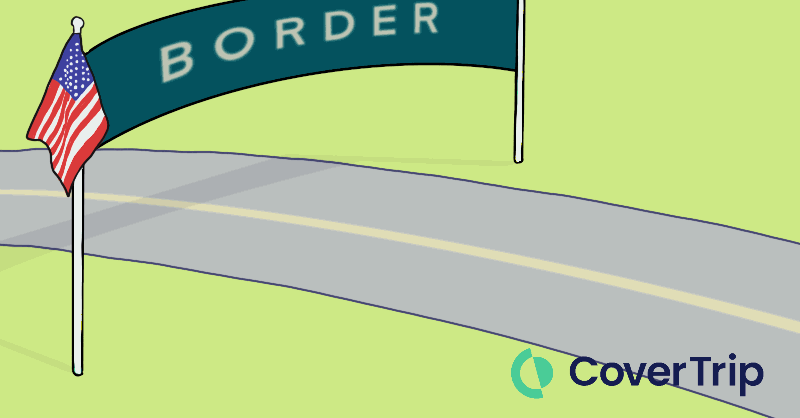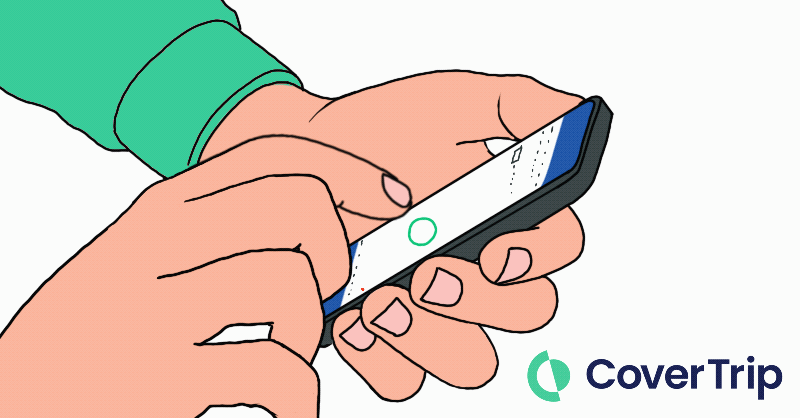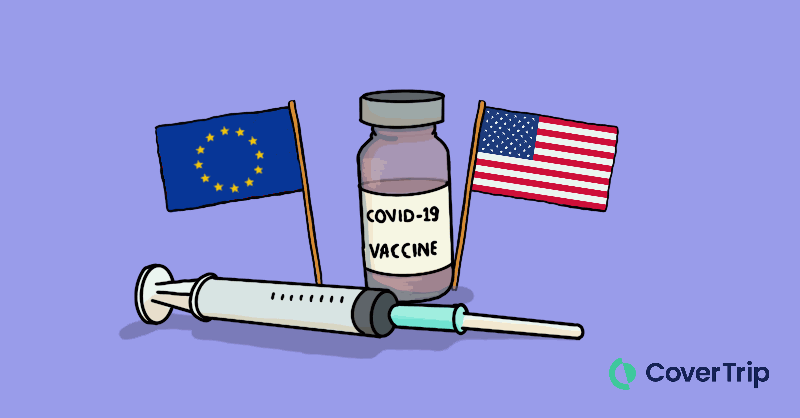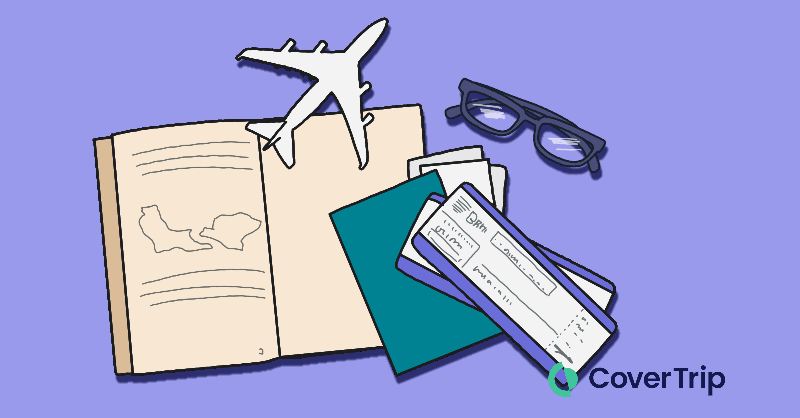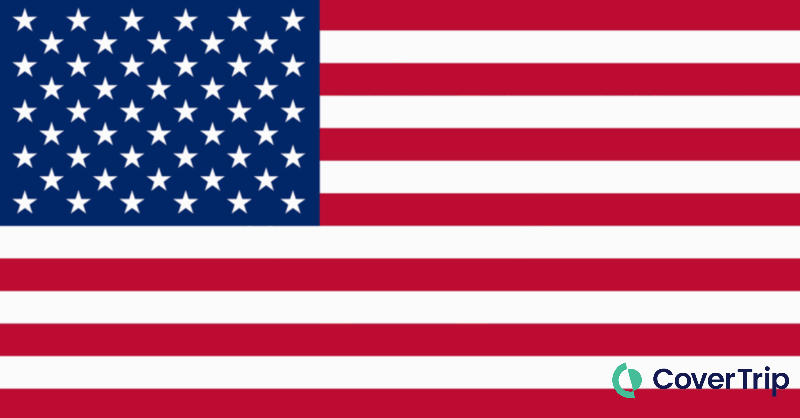
Thanks to the global pandemic, travel has changed and so have the travel scams. Travel-related scams rely on a different type of psychology than more well-known scams such as a caller demanding your credit card info to correct a problem with your income taxes. Travel scams rely on a traveler’s desire to save money and book a great travel deal.
Scam artists are very tech-savvy and they can use the same tools that legitimate companies use to attract your attention: websites, online ads, and search data.
The end goal of any scam is to get either your personal or financial information (or both) so that it can be used however the scammer wants. There can be short-term and long-term effects if you are scammed too. In the short term, you might lose some money; and in the long term, your personal information could be sold to other thieves that can cause additional financial harm.
Here are the top travel scams targeting unsuspecting travelers right now.
Fake airline ticket scam
Back in April, the Better Business Bureau (BBB) Scam Tracker was receiving reports that thieves were creating fake airline ticket booking sites. Luckily, fraudulent charges made on your credit card can usually be disputed, so you’ll get the money back but there’s no way to stop the personal information you shared when booking the ticket from being sold online.
How the scam works: A traveler searches online for cheap flights and comes across what appears to be a great deal with a major airline. After booking the flight with a credit card, they discover that the airline has no record of the booking.
How to avoid it: Only book flights on official airline sites with “https://†in the URL.
Fake pizza delivery scam
There’s an entire industry built around targeting travelers for scams, and most travel scams happen in places where you find lots of tourists, like busy cities or near popular attractions.
How the scam works: A tired and hungry traveler returns to their hotel room and spots a takeout menu for a local restaurant slipped under the door. They order and may or may not receive the food, but fraudulent charges start appearing on their credit card account.
How to avoid it: This one’s tough to avoid if you’re not familiar with the local area. You could call the hotel front desk and ask about the menu to see if it’s a legitimate restaurant, or order room service instead.
Rental car scams
Travel con artists tend to follow what people are doing and what’s happening in the industry. You’ve probably heard about the current rental car shortage, so it’s no surprise that crooks have been setting up phony online customer service numbers that look just like the major rental car companies.
How the scam works: The traveler searches for rental car deals, spots an ad, and clicks or calls to reserve the car they need. After their personal information and credit card are entered, they may or may not receive an email confirmation and the company leaves them stranded without a car.
How to avoid it:Â Similar to the airline ticket scam, you should only book a car rental on an official rental car site with a secure URL (starting with “https://”).
TSA PreCheck scams
Travelers watching long airport security lines on the news are likely more interested than ever in a program that lets them skip those lines. Look-alike websites have begun popping up that claim to help you quickly renew or enroll in one of these programs for a fee.
How the scam works: The traveler searches for TSA PreCheck or Global Entry and sees a website or ad that advertises speedy processing of their paperwork. They click or call, share their personal data and credit card but they are never enrolled.
How to avoid it: If you’re interested in enrolling or renewing your TSA PreCheck, always start the process by going through the official government website: tsa.gov.
Tips to spot an online travel scam
The BBB offers these tips to avoid online travel scams:
- Look for reviews. If the company doesn’t have any online reviews, they’re probably not legit.
- Never wire money or use a debit card to make travel payments. These are the same as sending cash and, unlike credit card payments, you can’t get that back.
- Be a snoop. Check for links to the company’s social media accounts and look for complaints. Notice typos or pixelated images – these are not the signs of a company that cares about their online presence.
Other interesting news
Scary airplane landings. See the scariest places airplanes land and what it feels like to land there.
Meet the luxury travel agent who plans trips for former US presidents and world leaders.
Facial recognition is here. Delta Air Lines and the TSA are rolling out facial recognition software at Atlanta’s Hartsfield–Jackson International Airport (video).
Got some old travel posters in your attic? You could be sitting on a goldmine. Vintage travel posters are particularly popular in a pandemic.

